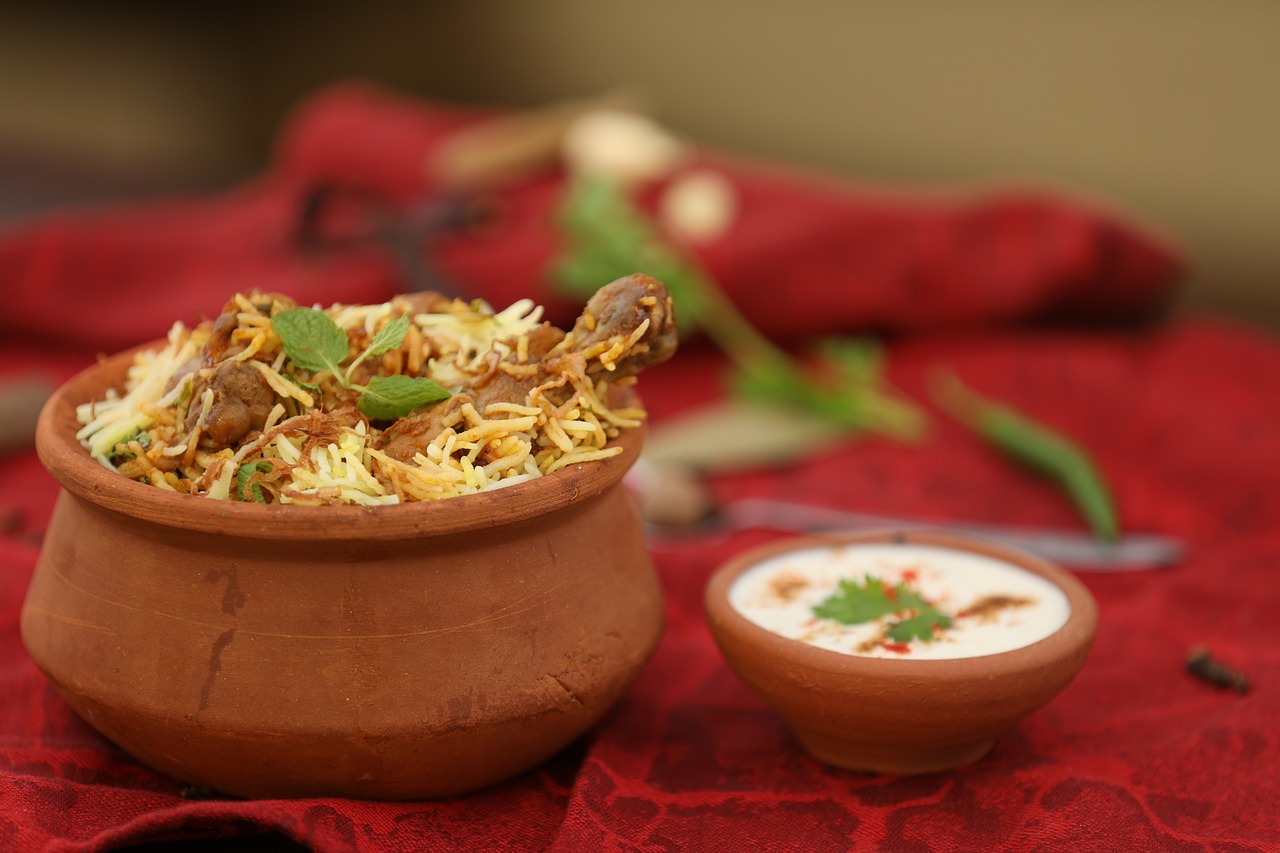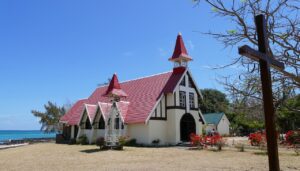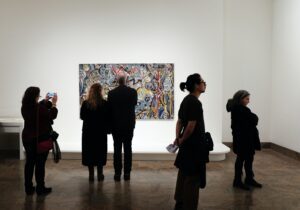Image by Indra Abdurrahman from Pixabay
With a significant Muslim population in Mauritius, Ramadan is widely observed across the island. Here’s what to expect if you’re visiting during this sacred month.
Ramadan is the holiest month in the Islamic calendar, during which Muslims fast from dawn until dusk every day, abstaining from food, drink, and negative thoughts. It is also a time for reflection, prayer, and charitable giving. The month concludes with Eid al-Fitr, a joyous celebration where families come together to mark the end of fasting with feasts and gift-giving.
While Mauritius is a multicultural nation with a blend of religions and traditions, the Muslim community plays a significant role in the country’s social fabric. If you live or work in Mauritius, you’ll likely know someone who observes Ramadan. To help you understand its significance and practical aspects, here’s all you need to know about Ramadan 2025 in Mauritius.
When Does Ramadan Start in Mauritius?
This year, Ramadan started on the evening of 1st March 2025 and lasts for 30 days, concluding with the celebration of Eid al-Fitr.
When is Eid al-Fitr, and What Can We Expect?
Eid al-Fitr falls on the evening of 30th March 2025. In Mauritius, the 31st of March it is a public holiday, and the Muslim community gathers in mosques for morning prayers before visiting family and friends for elaborate feasts. Expect government offices, banks, and some businesses to close for the day.

Traditional Eid delicacies in Mauritius include:
Briyani – a flavorful rice dish with meat or vegetables
Haleem – a thick, savory stew made with wheat, lentils, and meat
Gâteaux patate – sweet potato pastries filled with coconut
Samoussas – traditional snacks
Seviyan (vermicelli pudding) – a popular dessert served with milk and sugar
Many Muslim families also prepare special food packages for those in need, reinforcing the spirit of charity that defines the holy month.
What Happens During Ramadan?
Ramadan is a time of spiritual discipline and self-restraint. Muslims fast daily from sunrise to sunset, beginning with a pre-dawn meal called suhur and breaking the fast at iftar with dates and a meal.
Mosques across Mauritius, particularly in areas like Port Louis, Quatre Bornes, and Plaine Verte, hold special nightly prayers known as Taraweeh. Many local eateries offer special iftar meals, bakeries and sweet shops offer special Eid menus and markets become lively with stalls selling samosas, alouda (a local cold drink), and other traditional snacks.
You can also expect special Eid sales and promotions in various stores during the month of Ramadan, and some markets staying open until late. For example, La Pagoda Street in Port Louis will be bustling with activity, and Eid markets will be organized in a few shopping malls. Eid bazaars thrive because of the high demand for new clothes, gifts, home decor, and festive foods, as Eid is a time of celebration and gift-giving. They offer a one-stop shopping experience where families buy traditional outfits, accessories, and sweets while also supporting small businesses and artisans. The lively atmosphere enhances the festive spirit, making these bazaars a key part of Eid preparations.
FAQs About Fasting During Ramadan in Mauritius
1. Can we eat in front of people who are fasting?
Yes, but it’s courteous to be mindful of those fasting, especially in workplaces or public areas with a high Muslim presence.
2. Do people lose weight during Ramadan?
Not necessarily. While fasting can lead to weight loss, the large meals at suhur and iftar can sometimes lead to weight gain.
3. Can you smoke during Ramadan?
No, fasting requires abstaining from smoking, drinking, and other indulgences.
4. Can you brush your teeth while fasting?
Yes, maintaining good hygiene is encouraged. Just be cautious not to swallow water.
5. Can people overeat at iftar after fasting all day?
Overeating is discouraged. A balanced meal ensures sustained energy and prevents discomfort.
6. Do people rest all day because they’re fasting?
While fasting can be physically demanding, many Muslims continue their daily routines, including work and exercise, with slight adjustments to their schedules.
7. Are there exemptions from fasting?
Yes, exemptions apply to young children, the elderly, pregnant or breastfeeding women, travelers, and those with medical conditions. Missed fasts can be made up later or compensated through charity.
8. What is Ramadan like in Mauritius?
Ramadan is a vibrant time in Mauritius. Streets in Muslim-majority areas come alive in the evenings, with families gathering for iftar and mosques filled with worshippers. Non-Muslims often join in the spirit of the season by sharing meals and participating in charitable activities.
9. What time does iftar occur in Mauritius?
Iftar takes place at sunset, usually between 6:30 PM and 6:45 PM in March.
10. Are there special Ramadan events in Mauritius?
Yes, Eid markets, community iftars, food fairs, and charity drives are common. Many mosques and community centers distribute free iftar meals to those in need.
11. Where can I find halal dining options during Ramadan in Mauritius?
Halal food is widely available across the island, especially in Port Louis, Rose Hill, and Quatre Bornes. Many restaurants offer Ramadan specials and iftar buffets. Check our article on the best restaurants for Iftar.
12. How do non-Muslim visitors experience Ramadan in Mauritius?
Visitors can enjoy the cultural experience by attending iftar dinners, exploring night markets, and learning about local traditions. Many hotels offer special Ramadan packages.
13. What should I know about Ramadan etiquette in Mauritius?
Out of respect, it’s advisable to avoid eating, drinking, or smoking in public during fasting hours in predominantly Muslim areas. Dressing modestly is also recommended.









Recent Comments